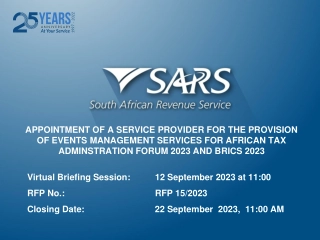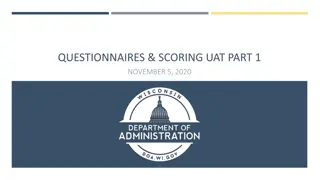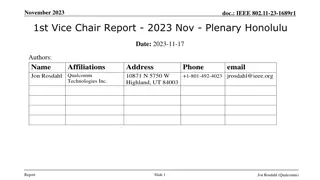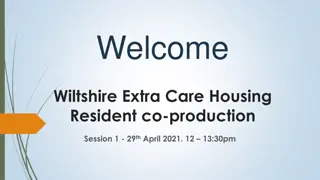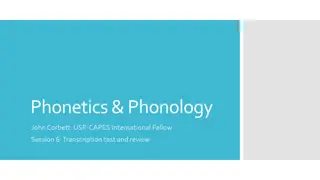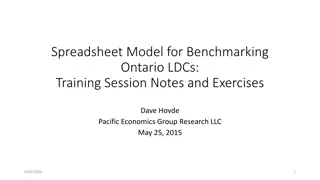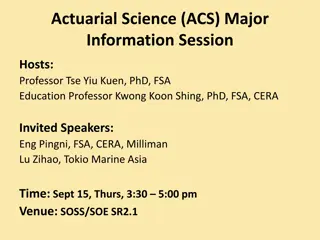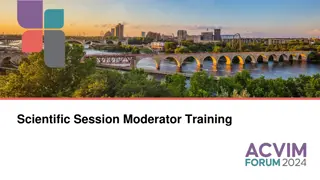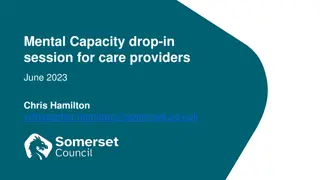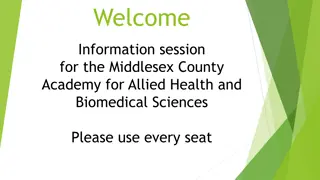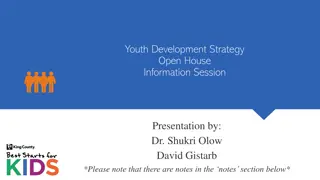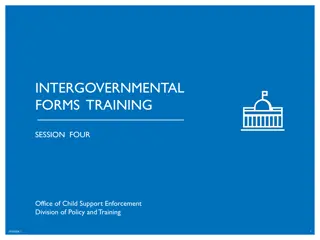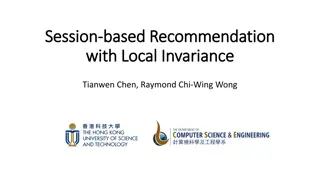
Clinical Effectiveness Program at Harvard
Join the Information Session Program in Clinical Effectiveness at Harvard School of Public Health. Discover the history, curriculum, and benefits of this program designed for physician researchers and clinical professionals interested in acquiring quantitative skills for research. Explore the courses, credits, and flexible scheduling options of this renowned program.
Download Presentation

Please find below an Image/Link to download the presentation.
The content on the website is provided AS IS for your information and personal use only. It may not be sold, licensed, or shared on other websites without obtaining consent from the author. If you encounter any issues during the download, it is possible that the publisher has removed the file from their server.
You are allowed to download the files provided on this website for personal or commercial use, subject to the condition that they are used lawfully. All files are the property of their respective owners.
The content on the website is provided AS IS for your information and personal use only. It may not be sold, licensed, or shared on other websites without obtaining consent from the author.
E N D
Presentation Transcript
1 Information Session Program in Clinical Effectiveness (PCE) November 17, 2022 https://www.hsph.harvard.edu/clinical-effectiveness/
2 Agenda Description and History of PCE Courses Questions
3 PCE Designed for physician researchers and other clinical researchers, fellows and faculty, who are seeking quantitative and analytic skills needed for clinical research or are interested in health care administration.
4 PCE 6+ weeks 3 classes each day + computer labs, office hours 15 credits (1/3 of MPH or MS degree) Students Stand-alone Certificate Program (non-degree students) Start for HSPH Degree Program (degree students)
5 History 1986 Planning Year 1987 - First summer of courses 35 Years Approx. 4000 graduate to date Approx. 2500 returned for second summer Approx. 75% from Harvard Teaching Hospitals
6 History (1987 present) Expanded afternoon course offerings Added advanced methods morning courses for returning students Incorporated newer methods/topics into core and elective courses Developed targeted HSPH degree programs with summer-only and academic-year scheduling options Successfully transitioned to online format in 2020 and 2021 Returned to on-campus format in 2022
PCE Morning Core Courses Summer 1 (7/6-7/28) 17 Sessions Summer 2 (7/31-8/18) 15 Session Intro to Clinical Epidemiology EPI208 Intro to Clinical Biostatistics BST206/207
EPI 208 Introduction to Clinical Epidemiology Covers principles and methods used in traditional and clinical epidemiologic research Course structure Lectures and interactive in-class activities Homework assignments and quiz Individual project on topic of choice Small group workshops and presentations, individual office hours with faculty, and final paper (written as mini grant proposal)
BST 206/207: Introduction to Biostatistics Covers Principles: testing and confidence intervals Presentation: graphics and summary statistics Tests: parametric and non-parametric; two-sample, paired, anova, time-to-event, regression Sample size and power Software: SAS, Stata, or R Integrated Computer Exercise with EPI208
2022 Afternoon PCE Elective Courses Summer 1 Summer 2 Methods and Applications in Health Services Research (HPM276) Improving Health Care Quality (HPM253) Implementation Research in Health and Healthcare (HPM284) Research with Large Databases (HPM299) Ethical Basis of the Practice of Public Health: Health Care Delivery (ID251) Linear and Longitudinal Regression (BST215) Effectiveness Research with Longitudinal Healthcare Databases (EPI253) Decision Analysis in Clinical Research (RDS286) Methods for Decision Making in Medicine (RDS288) Medical Informatics (HPM512) Machine Learning (BST209)
11 PCE Advanced Elective Courses Designed for returning student in degree programs and students with previous training Course Summer1: Analytic Aspect of Clinical Epi (EPI236) 5 credits Meets twice each morning Summer 2: Survival Methods for Clinical Research (BST224)
12 20th Anniversary Survey of Graduates
13 20th Anniversary Graduates Survey of Clinical Effectiveness Program Performed in 2006/2007 by Mary Ellen Goldhamer Former CLE student Protecting an endangered species: training physicians to conduct clinical research. Acad Med. 2009 Apr;84(4):439-45. 1,489 emails and letters sent 73% response rate
14 Impact of PCE 43% received grant funding for EPI208 research project 64% indicated publication of EPI208 research proposal 14% received grant funding for class project from afternoon courses 30% indicated publication of class project from afternoon elective courses
15 Status at Time of Survey Response Leadership roles 6 Deans 31 Department Chairs 101 Division Chiefs 236 Residency Program Directors 193 Medical Directors 19 CEO/CMO 220 Hold administrative positions
16 Degree Implications PCE tuition and credits can be rolled into current/future HSPH degree 5 admission cycles limit for non-degree students HSPH degrees developed for PCE students MPH-CLE Academic Year Summer-Only Summer-only MS-EPI
17 PCE Website: hsph.harvard.edu/clinical-effectiveness/ Detailed Information Videos Curriculum Faculty Workload Degree Options Program Evaluation Alumni Profiles Tuition Application Process Publications FAQs
18 Contact Information Marion Mattke, Education Program Coordinator Caroline Walsh, Program Coordinator Tiana Jurisic, Program Coordinator Reach us @ ProgClinEffect@partners.org
19 Summary: Why Enroll in PCE History Targeted and Relevant Courses Experienced Faculty Condensed Schedule EXCEPTIONAL STUDENT COHORT


